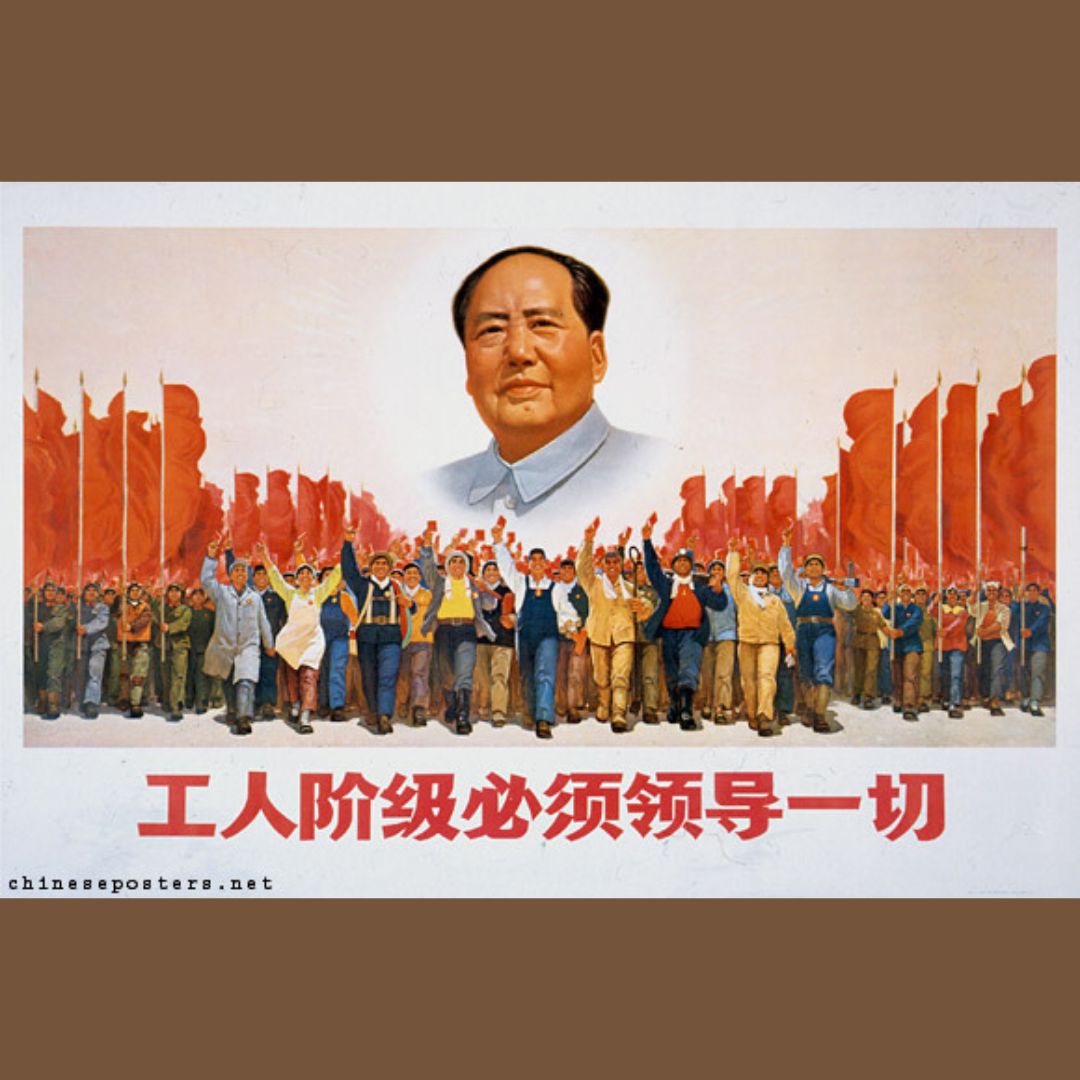
Chinese Socialist Culture
Most standard curricula related to Chinese socialist culture in the United States rely on popular memoirs and films that reflect upon the horrors of the Chinese socialist period in retrospect. Many of these materials were written originally in English, primarily target a Western audience, and tend to affirm a lingering Cold War paradigm that regards Chinese people as victimized sufferers oppressed by a totalitarian government, or as “brainwashed” subjects incapable of critical thinking in contrast with the free, democratic, and creative citizens of the Western world. But what are cultural texts from the Mao era actually like? What kind of films did people watch, and what did they like about them? What’s actually inside Mao’s famous “Little Red Book”?
In this online two-part workshop, we will examine primary sources from the Mao era (1949 – 1976) to investigate what policies, ideas, and values attracted millions of people to the socialist project. We will explore the rise of communism in China, examine the mechanisms by which Maoist propaganda operates, and interrogate our own biases in approaching this complex historical period while acknowledging the tragedies that occurred.
